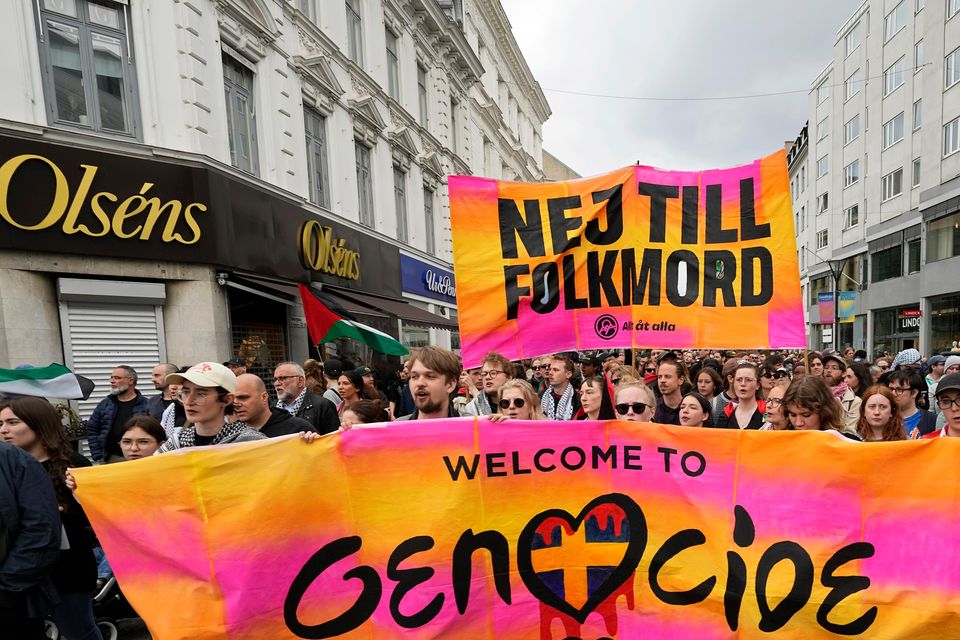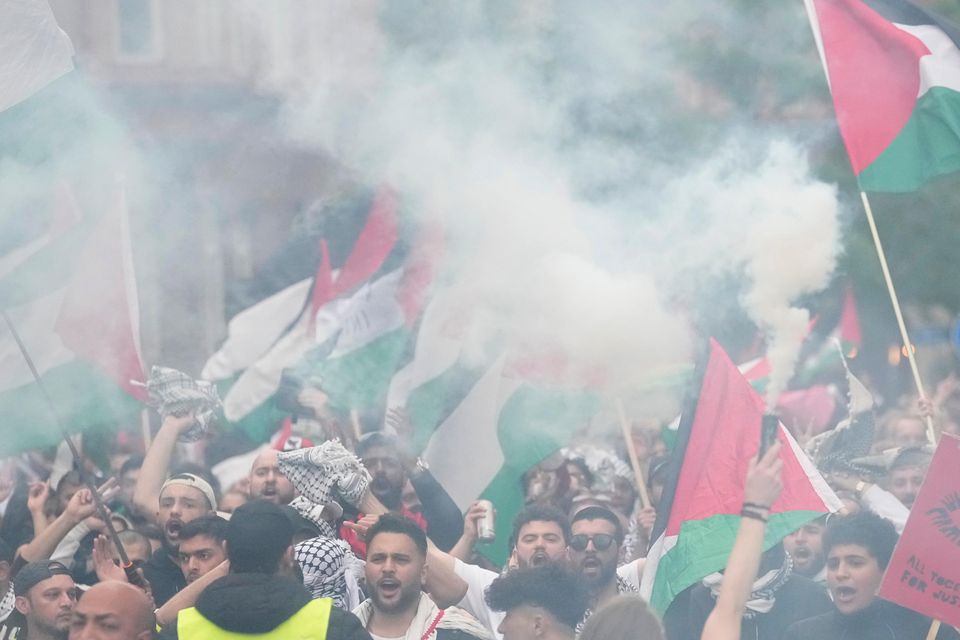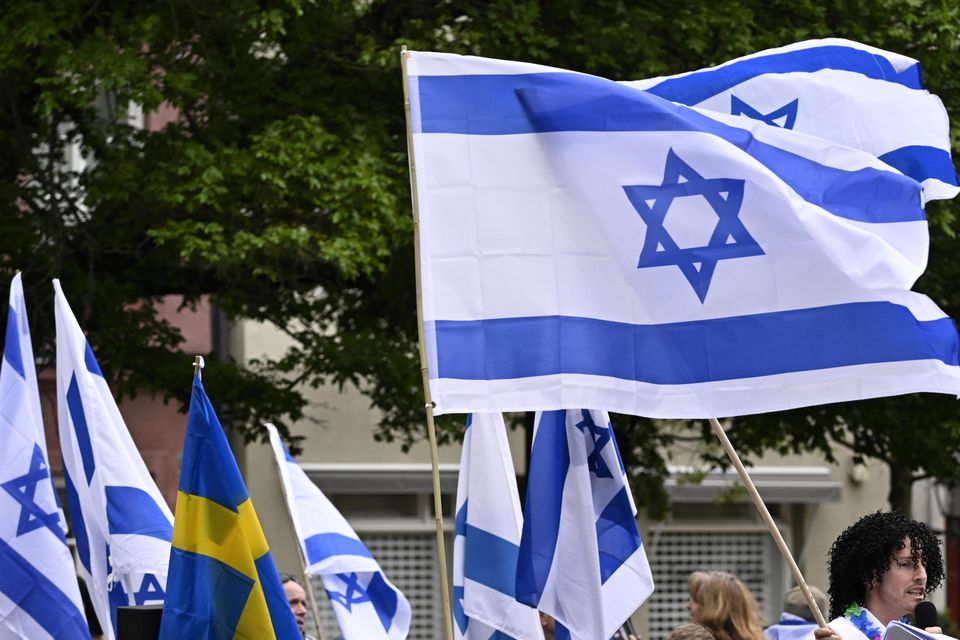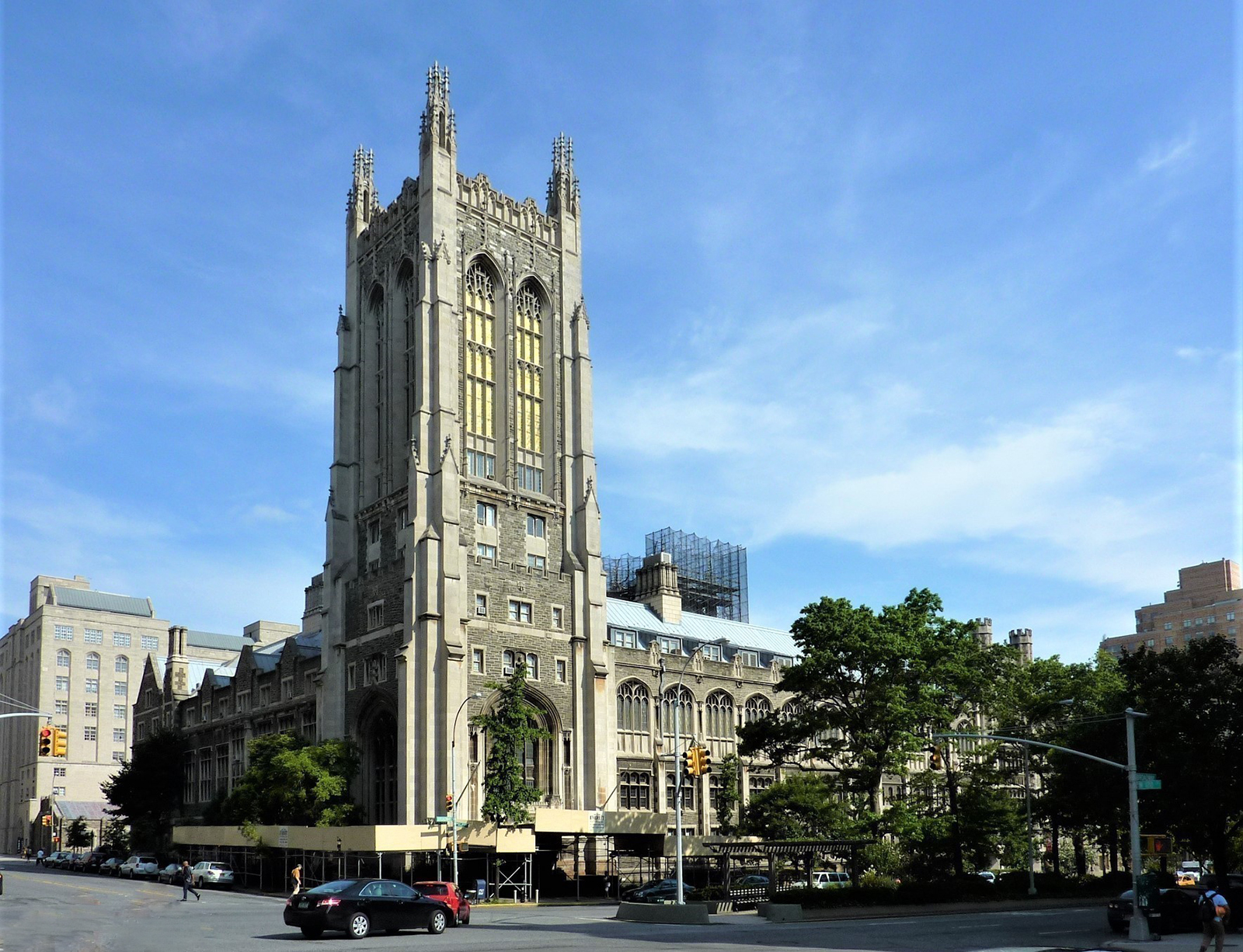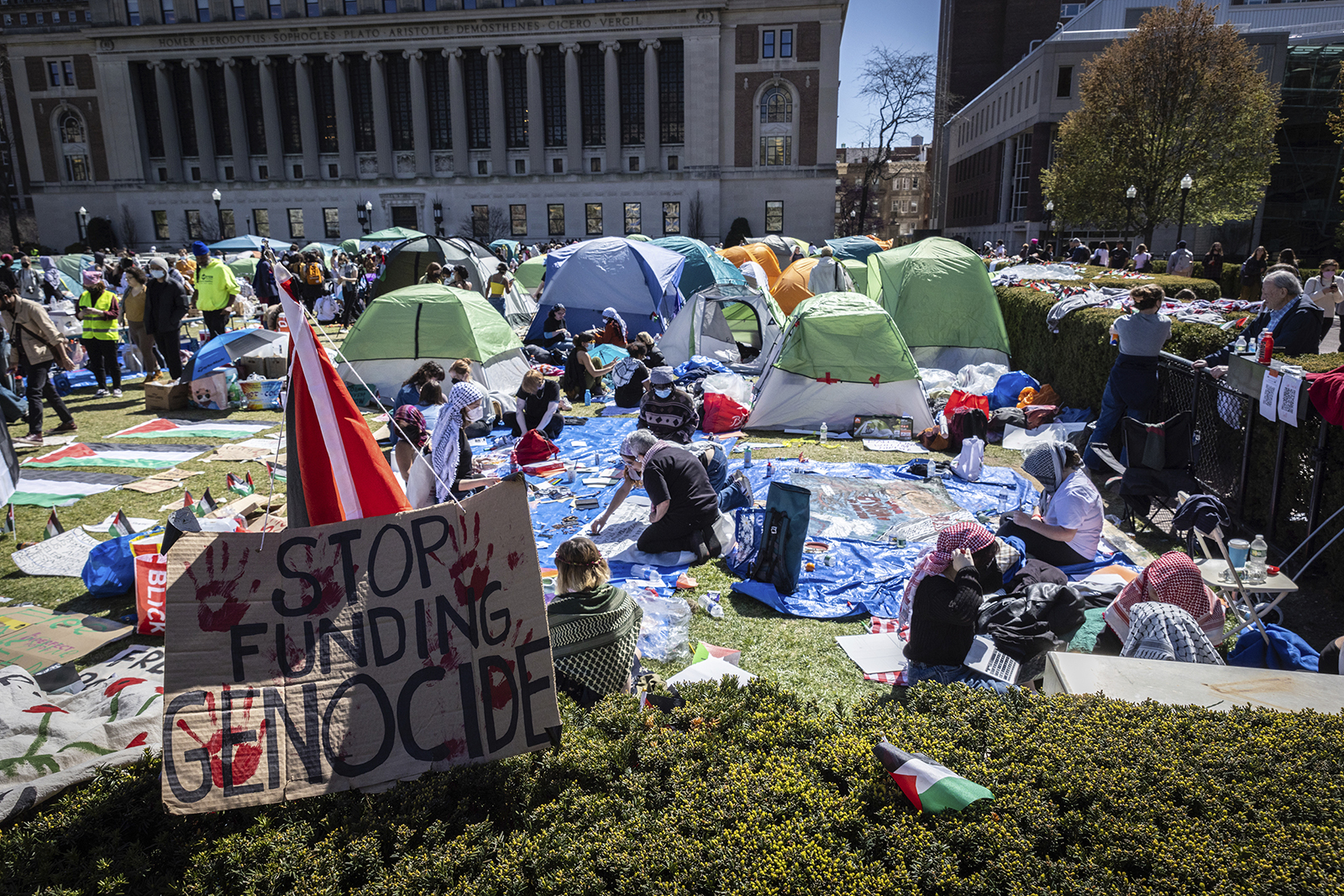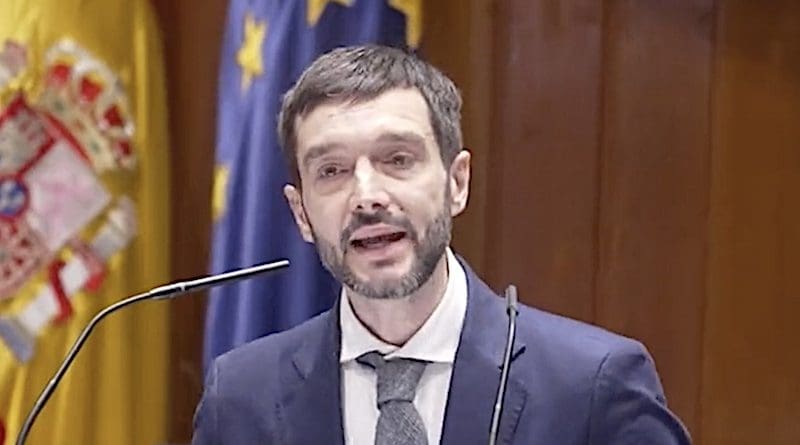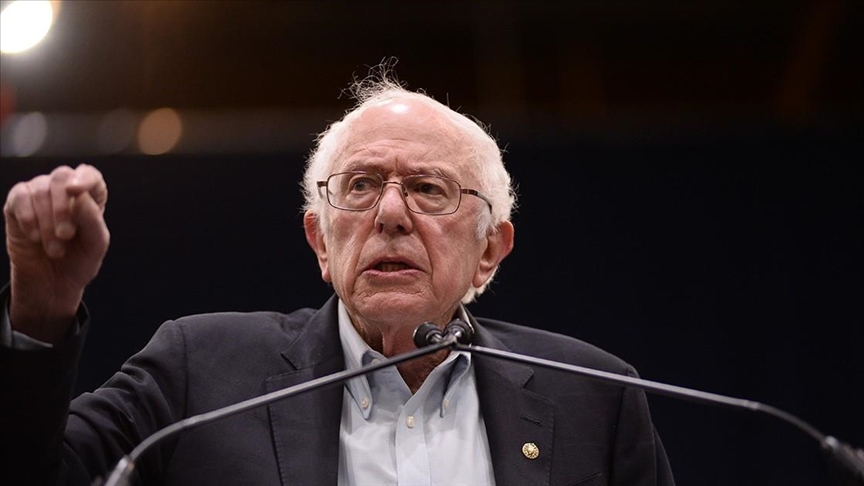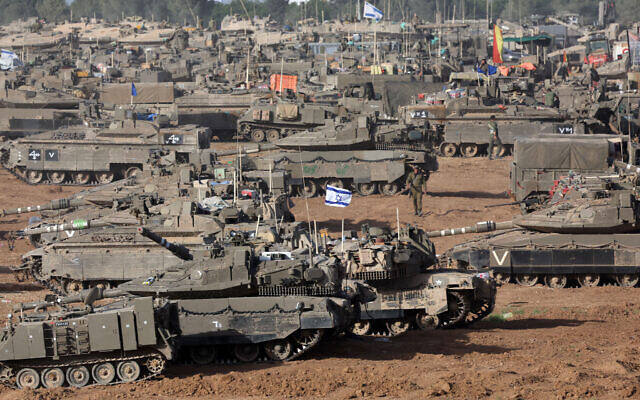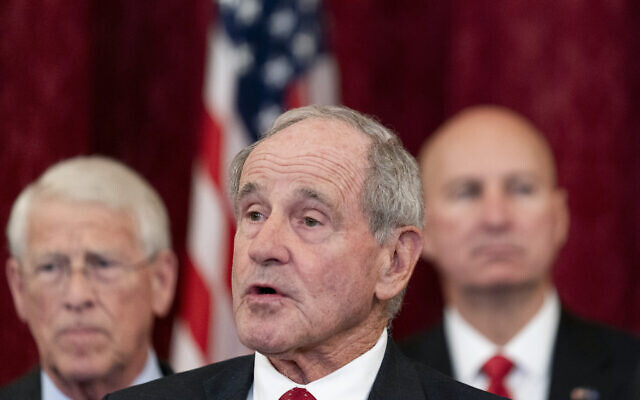A network of five humanitarian organizations is working to convince American faith-based donors to shift their support away from funding for orphanages to focus on family-strengthening initiatives.

Women and malnourished children wait their turn to be weighed by health personnel at La Paix University Hospital, in Port-au-Prince, Haiti, May 8, 2024.
May 9, 2024
By Fiona André
(RNS) — As the security crisis in Haiti continues, the humanitarian aid group Haiti Family Care Network is urging U.S. Christian donors to refrain from worsening the situation by donating to orphanages and to redirect their efforts instead toward initiatives helping parents support their children.
“There are actually better ways to care for the needs of children than building and supporting orphanages,” said Heather Nozea, chair of the network, which is part of Better Care Network, based in Guatemala.
In 2021, five humanitarian organizations created Haiti Family Care Network to change how relief for children works in the impoverished, often chaotically led nation. In 2011, the year after a 7.1 magnitude earthquake killed some 300,000, mostly around the capital, Port-au-Prince, orphanages proliferated from about 300 to 754, despite their failures to provide appropriate care for children.
“Everyone assumed that the best way to respond was by building and supporting new orphanages and it became a solution to problems without actually addressing the real problem,” said Nozea, who has worked in Haiti for eight years for Rapha International, an organization that fights human trafficking.
In many cases, parents placed their children in orphanages to guarantee they would receive consistent meals, health care and education. In some instances, children have been separated from their families simply to fill voids in orphanages, ensuring that the orphanage industry would continue to grow.
“More than 80% of them, they have families they can be connected to, so we prefer to call them residential care centers,” said Frédérique Jean-Baptiste, a child protection program manager for Catholic Relief Services based in Port-au-Prince.
The creation of these privately run agencies was made possible in large part by international donations, mostly from American Christians. According to a Lumos report, Americans donated $1.4 billion in the months after the earthquake, the bulk of it from faith-based groups. American Catholics alone were responsible for some $85 million of the total.
A 2017 report by IBESR, the Haitian adoption authority, revealed that only 30 of the 754 orphanages in Port-au-Prince met minimum standards of care. The report said the vast majority presented a risk for children and recommended their immediate closure.
Jean-Baptiste said cases of physical and verbal abuse are frequent in the orphanages. The Lumos report also draws attention to the suffering endured by children with disabilities.
A childhood in an orphanage has long-lasting effects on young people’s development, said Nozea, noting that, with many rules and daily structure, children are not given a chance to develop independence. Sometimes residents’ cognitive and personal development is slowed. Once they leave the orphanages to pursue life on their own, many of the young adults who grew up in orphanages show a lack of emotional, social and life skills.
Nozea said she has seen young adults unable to look after themselves and manage money. “The biggest populations that I’ve seen struggle in Haiti are young adults coming out of orphanages, who haven’t learned the life skills that a child naturally learns as they grow up in a family,” she said.
Armed gangs now control 80% of the capital through acts of terror, regularly resorting to physical and sexual violence and to kidnappings. Since January, 35,000 people have been displaced due to gang violence, and 1,500 have died.

A person lifts a sheet to look at the identity of a body lying on the ground after an overnight shooting in the Petion Ville neighborhood of Port-au-Prince, Haiti, March 18, 2024. (AP Photo/Odelyn Joseph)
This crisis has put additional strain on families’ capacities to provide for their children, and humanitarian workers share renewed fears that the 2010 scenario will repeat itself and more children will end up in orphanages.
In this context, the network has made efforts to convince Christian donors to shift away from funding for orphanages to focus on family-strengthening initiatives. But since many congregations and other donors have strong ties with the agencies they support, diverting the flow of cash is difficult. Many churches regularly bring donor congregations’ representatives to visit the orphanages and meet with the children, cementing the bonds between donors and orphanages.
“When you start to learn and realize that maybe it’s not what’s best for kids, that can be a really hard thing to come to terms with. So we get that, and we’re really empathetic to that. We don’t judge people,” said Nozea.
Direct discussions with pastors and individual donors have proved to be the most efficient in these situations.
“We want to make sure that in this current crisis that Haiti is going through again, that welfare organizations or good folks who want to help do not repeat the mistakes of the past,” said Jean-Baptiste.






